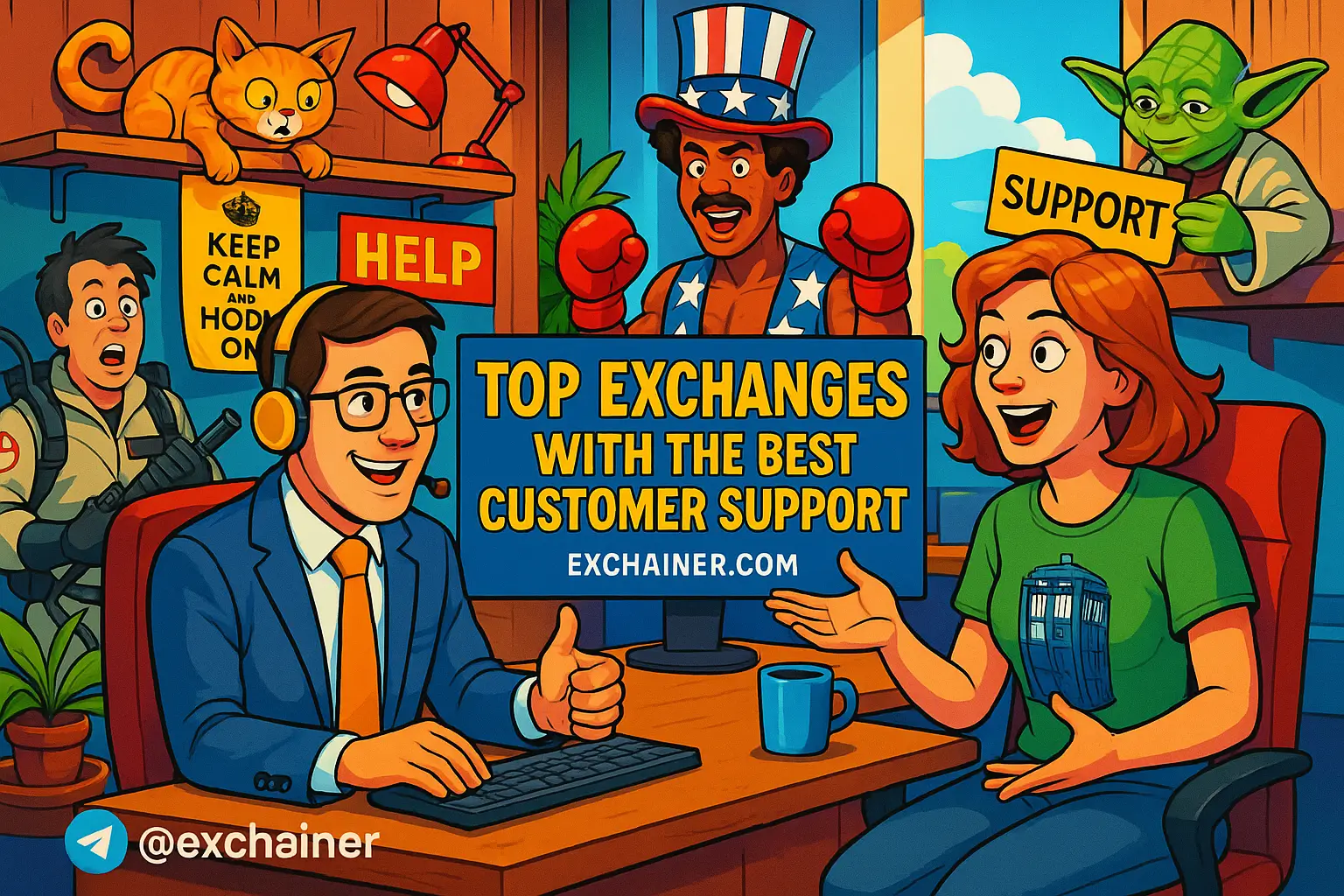Introduction to Crypto Rewards Programs
Welcome, friends! If you’ve found yourself curious about cryptocurrency and its exciting world of rewards programs, you’re in the right place. Managing crypto rewards programs is all about using digital currency to encourage customer loyalty in innovative ways that traditional systems can’t match. These programs typically work by issuing cryptocurrencies or tokens as rewards instead of standard points, creating a transparent and engaging loyalty experience for customers.
Imagine browsing a store and realizing that every purchase you make earns you not boring points but actual digital currencies that could grow in value over time. This isn’t just a dream—it’s a reality in the world of crypto rewards programs. By leveraging blockchain technology, businesses can offer enhanced security, flexibility, and trust while ensuring that customers feel valued. So, why are we discussing this today? Understanding how to manage crypto rewards isn’t just beneficial—it’s an exciting opportunity in a rapidly evolving landscape where traditional meets futuristic. Let’s delve deeper into what makes these programs tick and how they can change the way we think about loyalty.
Advantages of Using Blockchain in Loyalty Programs
Using blockchain for loyalty programs brings a plethora of advantages that traditional systems simply can’t replicate. Let’s explore some key benefits:
Transparency and Trust
First up is transparency. Blockchain’s decentralized nature allows for every reward transaction to be recorded on a public ledger, visible to all participants. This tamper-proof quality builds trust between businesses and customers, as they can verify their rewards at any time.
Cost Efficiency
Cost efficiency is another significant advantage. Businesses can automate their reward distribution through smart contracts, reducing administrative overhead and improving security against fraudulent activities. Say goodbye to those complicated systems where customers often felt the rules were hidden—smart contracts expose everything openly.
Flexibility and Interoperability
With crypto rewards, flexibility becomes the cornerstone of customer engagement. Imagine those earned tokens being usable across multiple vendors! This interoperability not only increases the utility of rewards but allows for a more extensive ecosystem where customers can actively engage with various shops and services.
Customer Engagement
Last but not least, token-based rewards can inspire more engagement. Businesses can encourage desirable behaviors, such as referrals or social sharing, through tailored incentives, solidifying customer loyalty beyond just making purchases.
Key Components of a Crypto Rewards Program
To design a successful crypto rewards program, it’s essential to understand the critical components that play a role in its effectiveness:
1. Tokenization of Rewards
Tokenization is the process of converting loyalty points into digital tokens, often built on Ethereum or other blockchain platforms. These tokens have several advantages:
- They are easily transferable and can be traded across blockchain networks, allowing for greater liquidity.
- Smart contracts ensure automated issuance, aiding in accuracy and expediting processes.
- Compatibility with popular cryptocurrency wallets makes it user-friendly.
2. Smart Contract Automation
Smart contracts act as the backbone of any crypto rewards program. They automate the issuance and redemption of rewards, ensuring that the process is both fair and efficient. Here’s what they can enforce:
- Eligibility criteria (like purchase thresholds).
- Reward schedules and expiration policies, allowing for clear guidelines.
- Various redemption options and token burns.
3. User Interface and Experience
A seamless user interface is essential for the retention of customers. A robust UI/UX design enhances the adoption of crypto rewards programs. Features might include:
- Instant wallet connection capabilities.
- Personalized dashboards tracking rewards.
- Easy browsing and redemption functionalities for a smoother shopping experience.
4. Multi-Vendor Integration
By allowing customers to earn and spend crypto rewards across various businesses, you elevate the program’s attractiveness. This cross-platform capability enhances the overall engagement with the rewards ecosystem.
Developing a Blockchain-Based Rewards App: Step-by-Step
If you’re interested in crafting your very own crypto rewards program, here’s a straightforward step-by-step guide:
1. Define Project Scope and Features
Start by outlining your project’s objectives and key functionalities, ensuring you cover both frontend usability and backend blockchain integration.
2. Choose a Blockchain Platform
Pick a platform that suits your needs. Ethereum is popular due to its capabilities, but alternatives should always be considered based on factors like scalability and cost.
3. Develop Smart Contracts
Use Solidity to build secure, audited smart contracts that manage the logic for rewards issuance and redemption.
4. Create Reward Tokens
Implement tokens that comply with Ethereum standards (like ERC20) for wallet compatibility.
5. Configure Development Tools
Utilize libraries such as Web3.js for seamless blockchain interaction and DApp integration.
6. Test and Audit
Thoroughly test all components and conduct security audits on both codes and smart contracts to mitigate any risk.
7. Pilot Program
Before a full-scale launch, conduct a beta program with a controlled user base to gather invaluable feedback.
8. Full Deployment and Monitoring
After going live, continuously monitor program metrics and user engagement to make data-driven adjustments.
Security Best Practices in Managing Crypto Rewards
With great power comes great responsibility—security in crypto rewards programs cannot be overlooked. Here are some key practices to ensure your system remains secure:
Secrets Management
Regularly rotating cryptographic keys and credentials associated with wallets and infrastructure significantly reduces the impact of any potential breaches.
Restricted Access
Limit direct access to production systems to minimize risk. Utilize secure staging and deployment pipelines.
Principle of Least Privilege
Grant only the necessary access to personnel involved in managing the program to reduce insider threats.
Store Secrets Securely
Avoid saving sensitive keys on unsecured devices or repositories; instead, invest in enterprise-grade secret management tools that feature monitoring.
Security Awareness and Training
Empower employees with knowledge about security threats. Regular training focuses on protection against phishing schemes.
Endpoint Detection
Deploy sophisticated endpoint detection systems to flag any abnormal activity in both development and production environments.
Strategies to Maximize Customer Engagement
Let’s talk engagement! Here are some strategies that can help you boost participation in your crypto rewards programs:
Personalized Offers
Leverage customer data to create tailored rewards. By incentivizing specific behaviors—like frequent purchases or referrals—you keep your customers engaged.
Cross-Platform Rewards
Allow users the ability to redeem tokens across various vendors and services. This flexibility greatly increases the perceived value of the rewards.
Gamification
Motivate ongoing participation by integrating playful elements like competitions, play-to-earn mechanics, or tiered rewards that elevate the experience.
Education and Transparency
Build customer confidence by being transparent. Make sure users understand how to earn and utilize their tokens and the potential appreciation in value.
Regulatory Compliance
Always stay compliant with data privacy laws and cryptocurrency regulations to avoid legal headaches—this also builds trust down the line.
Examples of Crypto Rewards Program Models
Crypto rewards programs can take many forms, providing diverse options for engaging customers. Here are a few popular models:
Crypto-Cashback Programs
With crypto-cashback, customers earn tokens as a percentage of their purchases. It allows for easy accumulation in one wallet, enhancing flexibility.
Learn and Earn Platforms
Educational platforms offering crypto rewards for completing courses are gaining traction. It not only fosters engagement but also helps in spreading awareness.
Token-Based Loyalty
Customers earn tokens through purchases or engagements, making them tradable within the brand’s ecosystem, enriching their experience immensely.
Practical Tips for Businesses Launching Crypto Rewards Programs
As you embark on setting up your rewards program, keep these practical tips in mind:
- Start with clear objectives that focus on improving customer engagement or cutting costs.
- Understand the underlying technology and select an apt blockchain platform.
- Optimize the tokenomics structure to strike a balance between rewards offered and sustainable business practices.
- Pilot your program with a designated audience for valuable insights before going full throttle.
- Continuously monitor performance and remain flexible enough to adjust based on user feedback.
Future Trends and Outlook
The landscape of crypto rewards programs is set to evolve dramatically. Expect increasing sophistication as businesses blend blockchain networks with decentralized finance (DeFi) protocols. This could offer enhanced liquidity and earning potential for users. Embracing these innovations will allow you to not just meet but exceed customer expectations in loyalty, making their experiences feel genuinely rewarding.
As you continue your exploration of the crypto landscape, consider diving deeper into our resources. Check out Crypto 101 for foundational information on cryptocurrencies, explore Exchange Reviews to find trustworthy platforms for trading, stay updated with the latest news, and discover valuable resources in our Tools and Wallets section. Start your crypto journey today, and empower yourself with the knowledge you need to navigate this exciting field!












